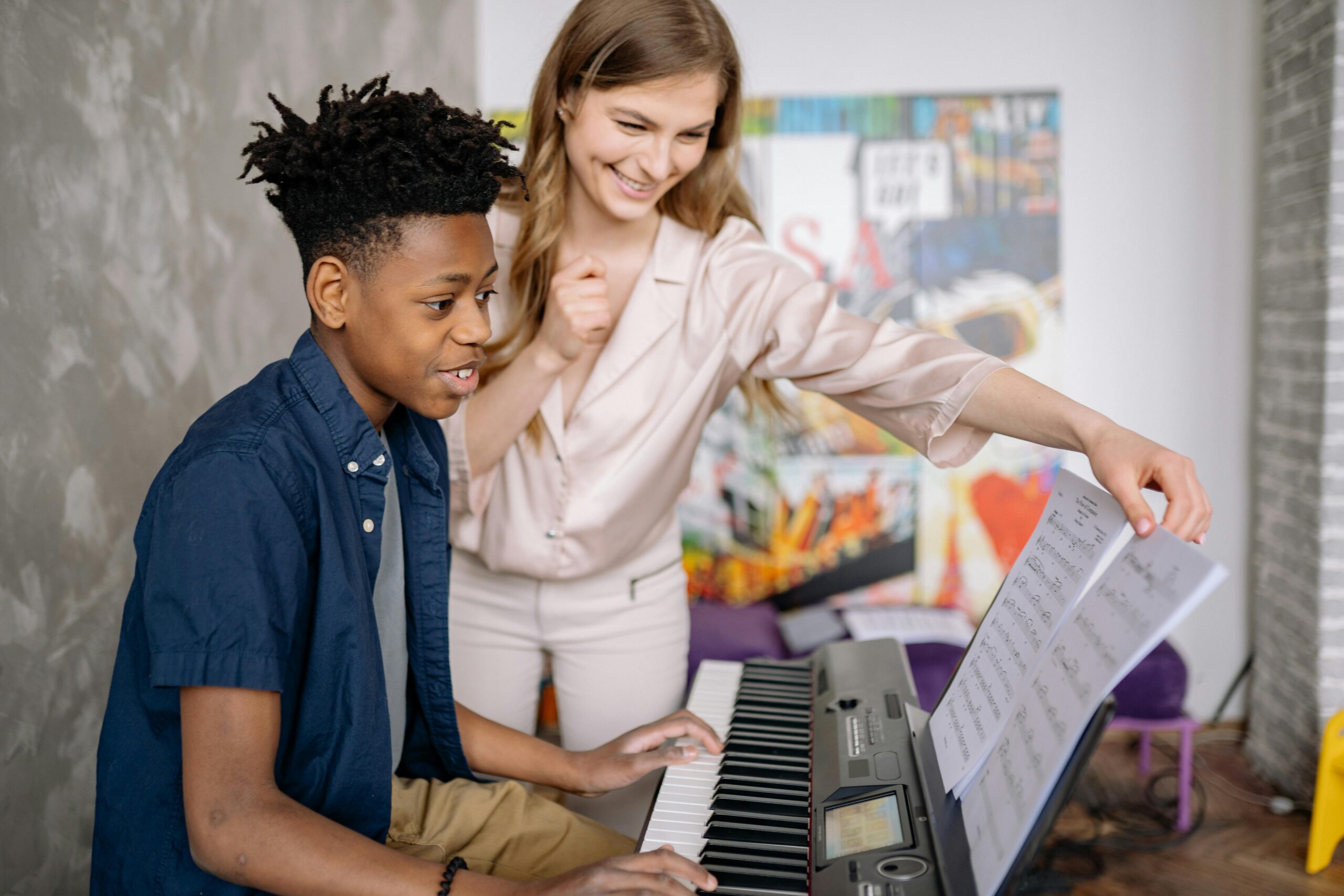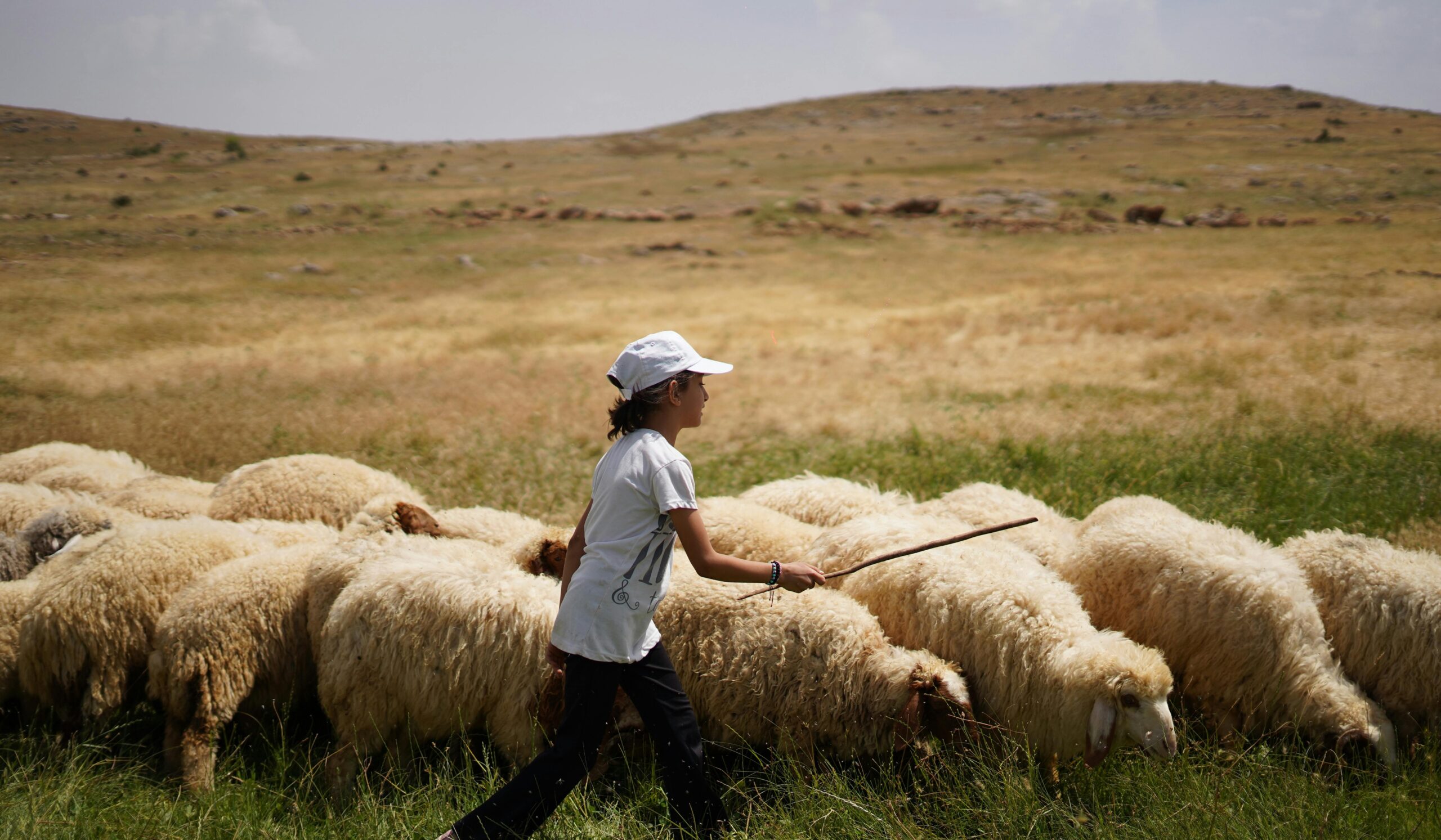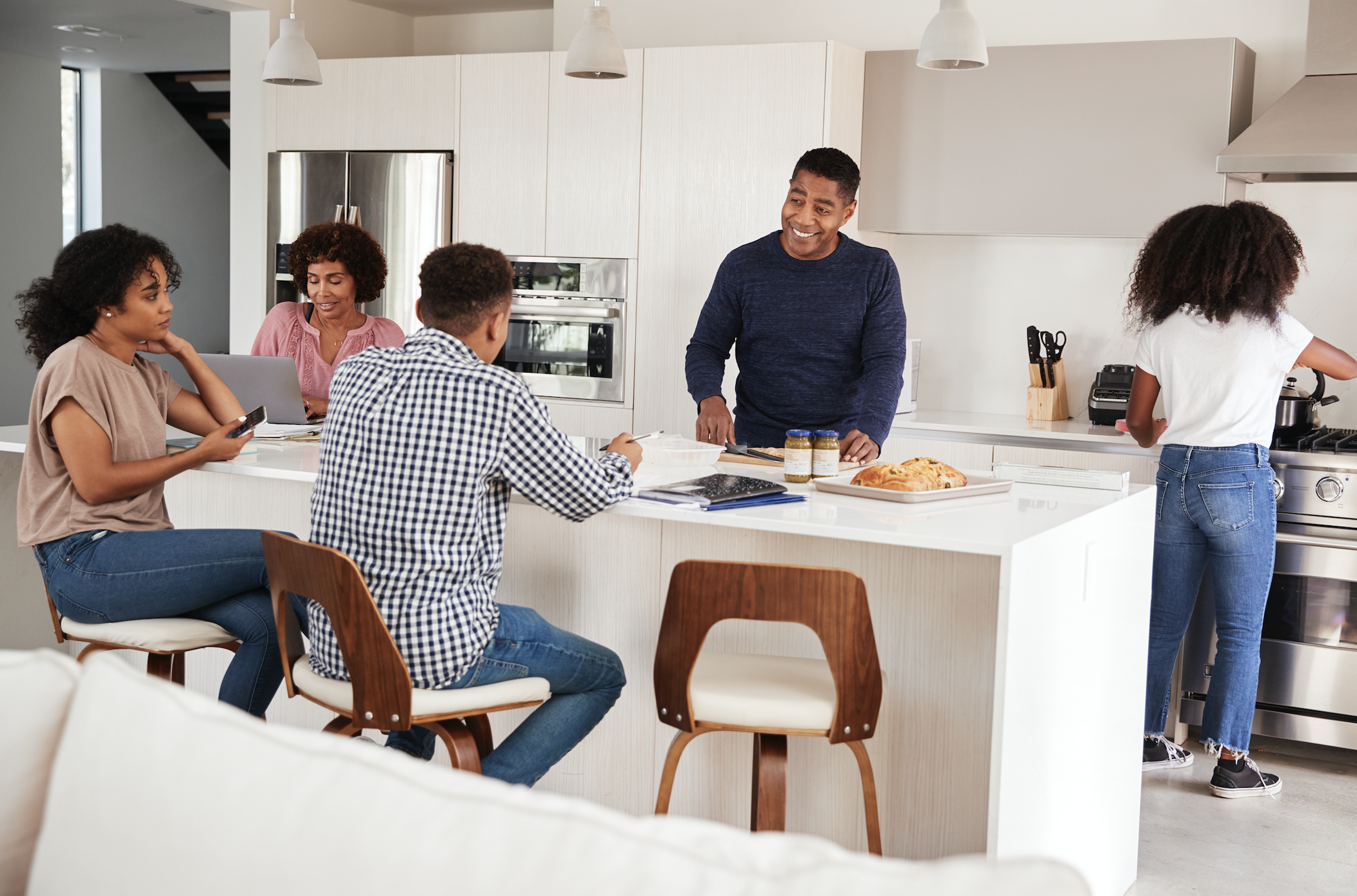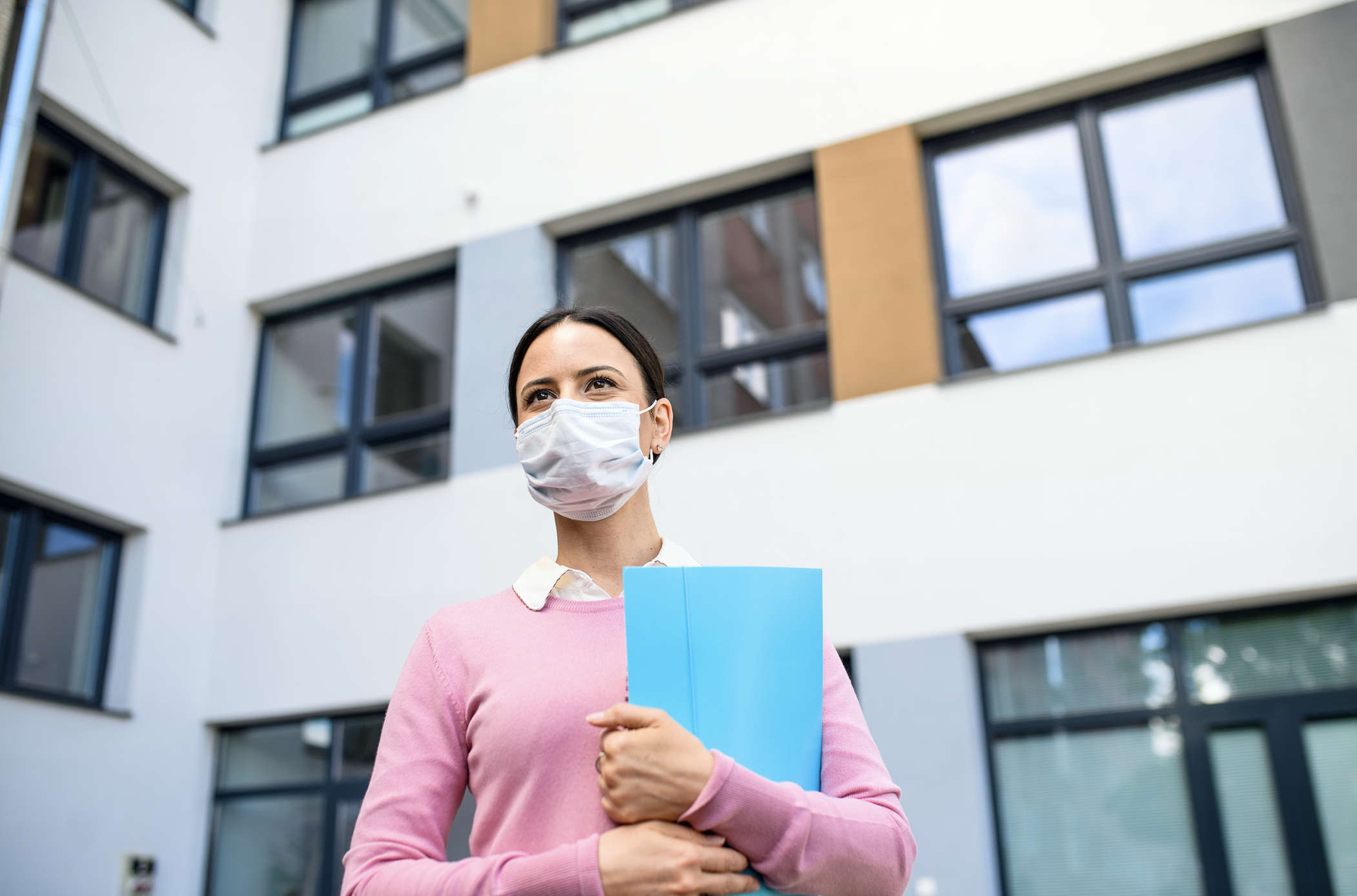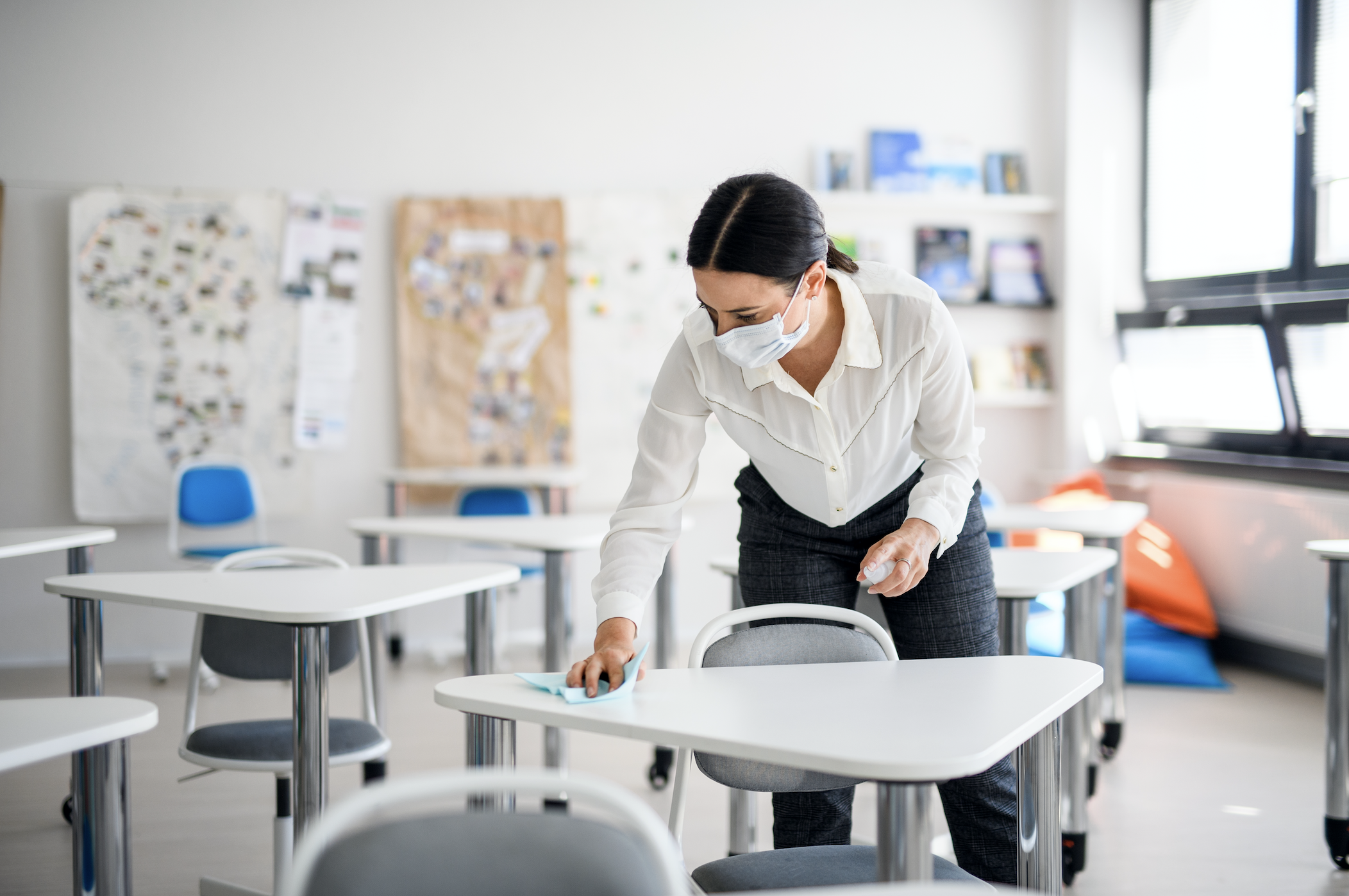
Survey Says: Teachers and Parents Will Handle the Fall Differently
Here are some icebreaker questions for you: Why have people today felt the need to:
- Hoard toilet paper at the grocery store?
- Keep their automobile gas tanks as full as possible?
- Purchase enough masks to keep their faces covered for a decade?
The answer is the same for all the questions: uncertainty. We feel out of control and uncertain. Uncertainty is the most common emotion people feel today, months into the shelter in place order our government-issued in March. When we feel uncertain, parents, teachers, and other leaders can make decisions that make students feel safer or more secure.
Now, we must brace ourselves for a different fall.
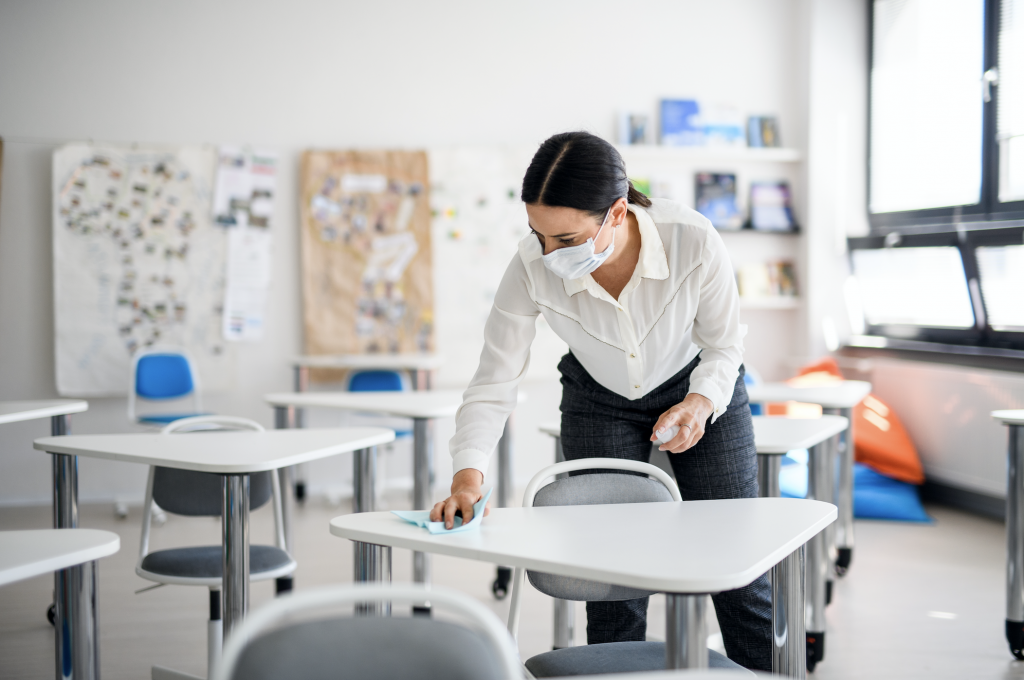
Change Is in the Wind
“In an exclusive USA TODAY/Ipsos poll, 1 in 5 teachers say they are unlikely to go back to school if their classrooms reopen in the fall, a potential massive wave of resignations. While most teachers report working more than usual, nearly two-thirds say they haven’t been able to properly do their jobs in an educational system upended by the coronavirus.”
Further, over 6 in 10 parents say they will likely pursue at-home learning options come fall instead of sending their children back to school this fall. In fact, nearly a third of parents say they are very likely to do that.
COVID-19 has made us rethink our lifestyles.
According to USA Today journalist Susan Page, “The surveys underscore how concerns about the coronavirus will complicate efforts to resume daily routines in American life, from work to leisure to commerce, at least until a vaccine is widely available.”
I say if we change, let’s do so because we see this great interruption as an opportunity for us to rethink our antiquated ways, not because we’re scared. Fear is rarely a good motive for making a leadership move. Teachers may not want to teach online or may feel ill-equipped to do so; parents may believe they can do the “homeschool thing” after all. Those are sufficient reasons for changing things up. Let’s think about improvement, not simply survival.
Fear can cause sensible people to do nonsensical things.
How Parents and Teachers Led Me as a Student
I was in third grade when the last pandemic occurred– the Hong Kong Flu between 1968 and 1970. This virus, called H3N2 was much like COVID-19. Similar symptoms. Similar infections and deaths. By December 1969, it had spread to all 50 states due to the Vietnam vets returning home from war. But it barely made the news’s headlines. People were told to wash their hands and stay home from school or work if they were sick. But the issue was handled by doctors and medical professionals, not by politicians and media. And while the Hong Kong Flu took between one and four million lives globally, everyone had a “can do” spirit. As I watched adults handle the situation, I don’t recall anyone who was paranoid about toilet paper, Clorox or sending their kids to school. Actually, what I recall most was neighbors talking about how our immune systems get stronger when we’re exposed to viruses. Some even had chickenpox parties, where parents let kids get together believing that the sooner their kids would get the chickenpox over with the better.
I fully realize I sound like a crazy man because of today’s fearful world.
I am totally aware of the safety-first priority our culture has today; and as a parent, educator, and leader, I do want kids to be safe. I just believe the way we’ve gone about it creates as many problems as it does solutions.
So, let’s make some changes this fall. But let’s change the way we lead our young people. Whether we open our schools or stay at home doing schoolwork online, or some sort of hybrid, let’s choose to lead out of wisdom not worry. Let’s model for our students that we believe in their strength and their common sense. Let’s empathize with them over the parties or the proms they’ve lost, but let’s also communicate that we believe they can graduate and still make the most of their lives. They are not penalized; they don’t have to feel postponed; they have not been pushed aside.
If we do this, who knows? Generation Z may turn out to be the strongest generation yet.

